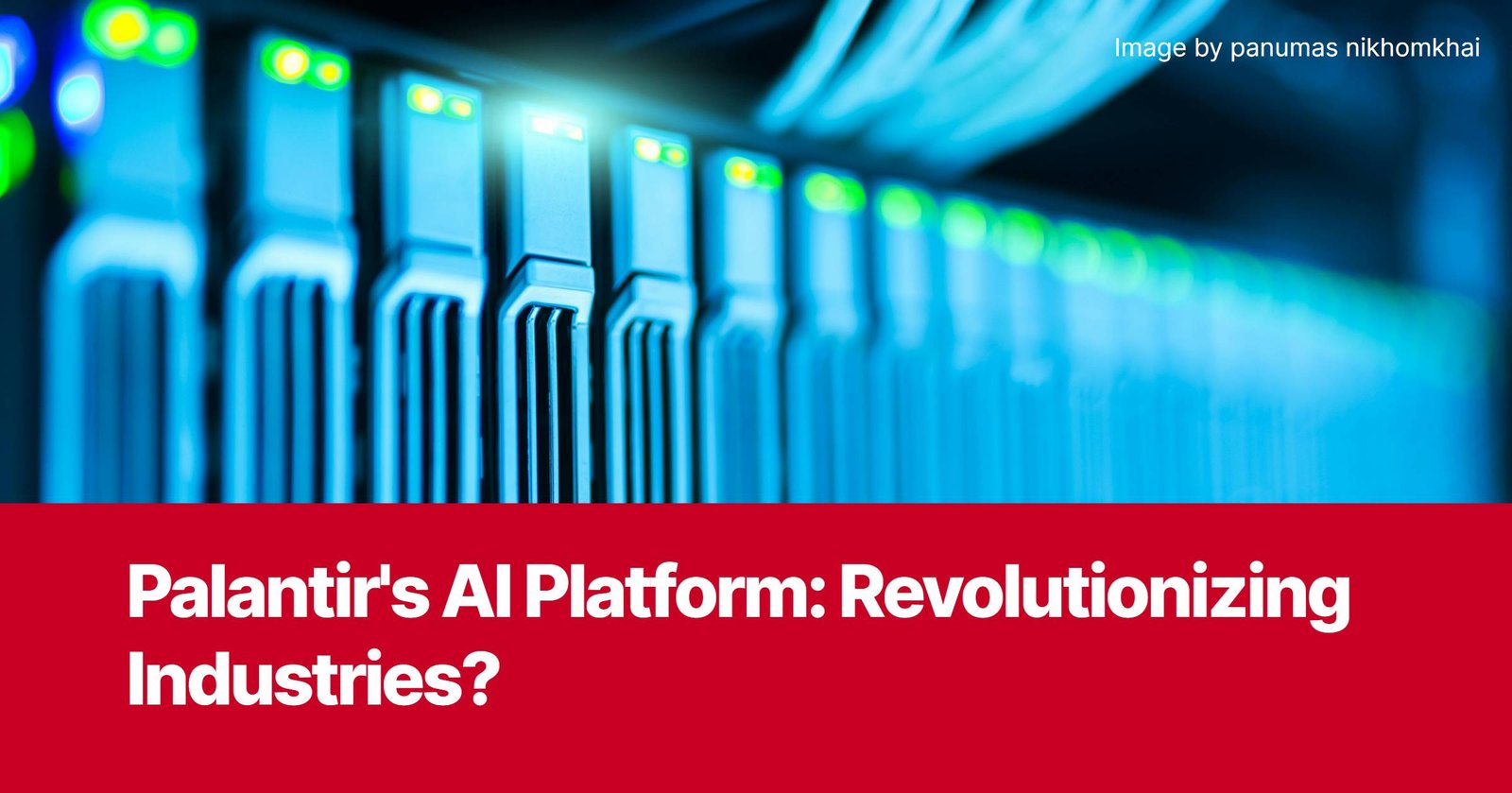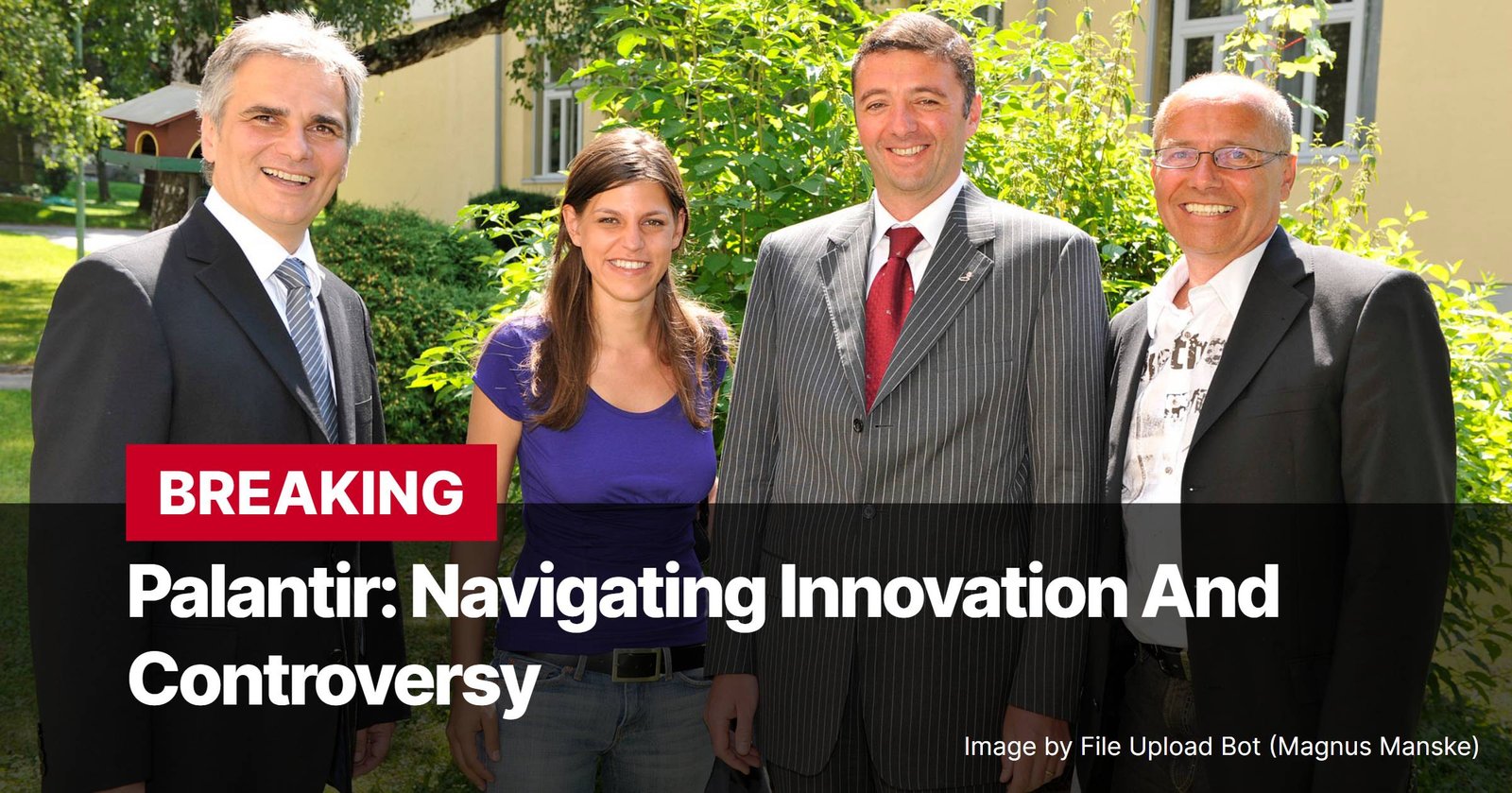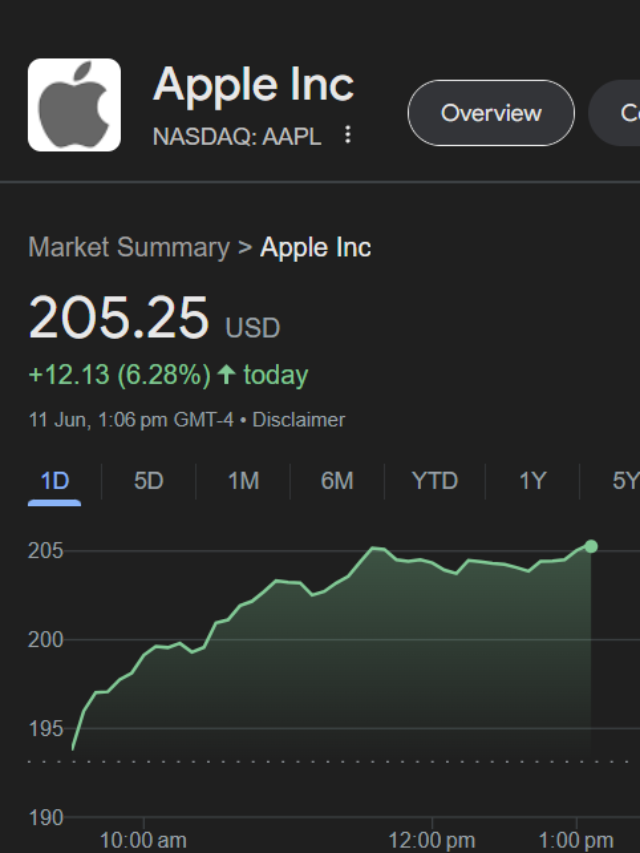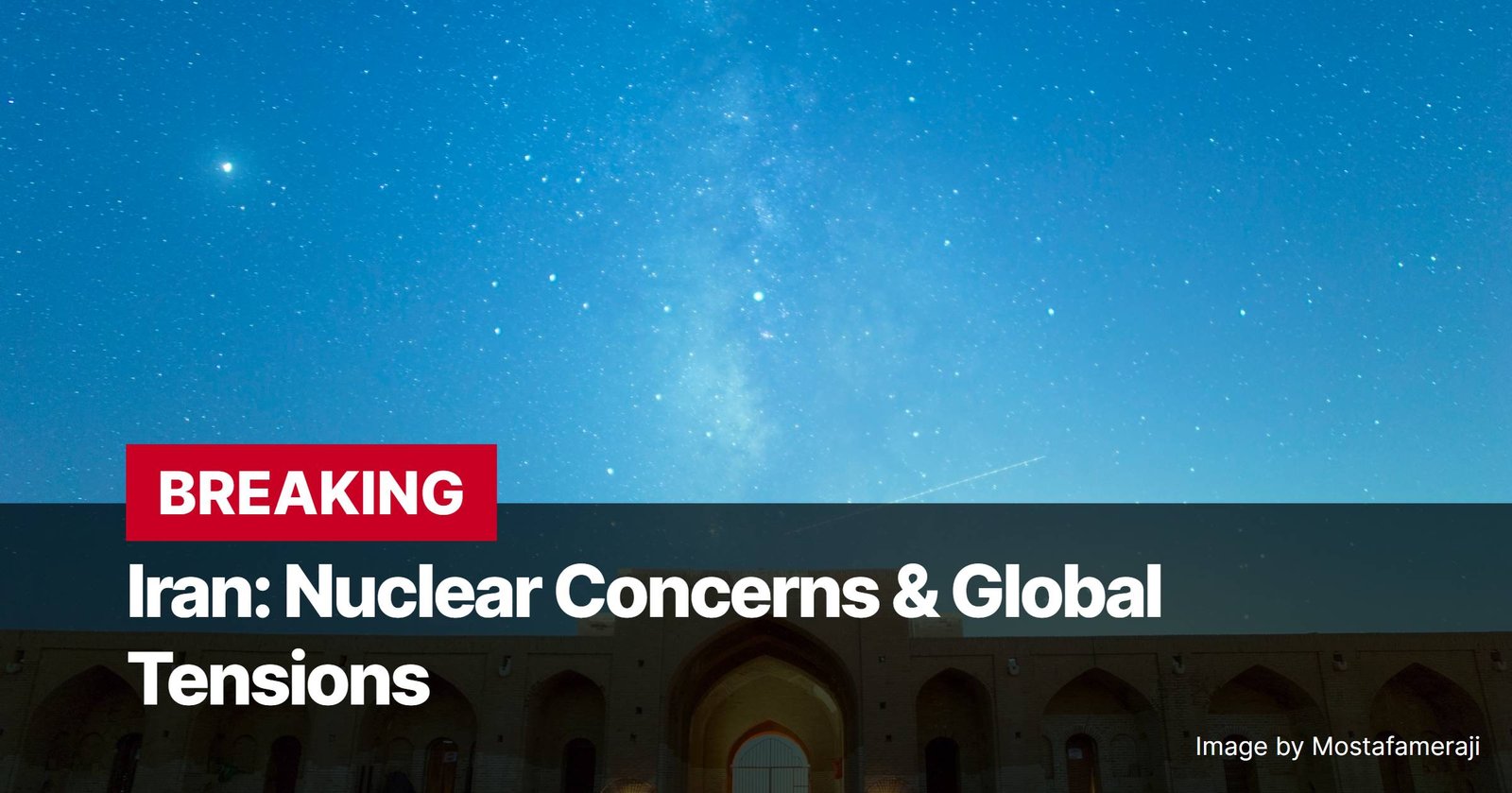Palantir Technologies, the data analytics giant co-founded by Peter Thiel, has long been a company shrouded in secrecy, its powerful software deployed in the shadowy realms of intelligence and defense. Yet, recent developments have thrust the company into the spotlight, sparking both excitement and concern over its expanding reach into commercial sectors, particularly healthcare, and its increasingly intertwined relationship with artificial intelligence.
The company’s recent listing on the Nasdaq and inclusion in the S&P 500 index signal a significant shift towards mainstream recognition. This move, coupled with a string of high-profile partnerships with tech giants like IBM, Amazon AWS, and Microsoft, underscores Palantir’s growing ambition and influence within the broader technology landscape. However, this rise to prominence hasn’t been without its share of controversy.
Palantir’s deep roots in government and defense work, particularly its contracts with U.S. Immigration and Customs Enforcement (ICE), have drawn sharp criticism from human rights and civil liberties groups. These concerns have intensified with Palantir’s foray into the healthcare sector, notably its involvement with the British National Health Service (NHS). Critics question the ethical implications of entrusting sensitive patient data to a company with a history of working with law enforcement and intelligence agencies, raising fears about potential data misuse and privacy violations. The awarding of lucrative NHS contracts to Palantir without open competition has further fueled these concerns, sparking calls for greater transparency and accountability.

Simultaneously, Palantir is pushing the boundaries of artificial intelligence with its Artificial Intelligence Platform (AIP) and related products like TITAN and Skykit. These technologies, designed for both commercial and military applications, integrate large language models into privately operated networks, enabling users to leverage AI for tasks ranging from infrastructure planning to military operations. While Palantir emphasizes the importance of human oversight in these systems, the potential risks associated with deploying AI in sensitive contexts, particularly in warfare, remain a significant point of contention. Recent reports highlight the use of Palantir’s AI by the Ukrainian military, raising ethical questions about the role of AI in modern conflict.
Palantir’s expansion into the commercial sector demonstrates a strategic shift in its business model. While the company’s foundations lie in bespoke solutions for government agencies, its increasing focus on software-as-a-service offerings, facilitated by products like Palantir Apollo, marks a move towards broader market accessibility. This transition is reflected in the company’s financial performance, with significant year-over-year growth in the U.S. commercial market.
However, Palantir’s ambitious growth strategy has not been universally welcomed. Critics point to the company’s aggressive acquisition tactics and its alleged attempts to “buy its way in” to the British health industry as evidence of a potentially problematic corporate culture. These concerns, coupled with founder Peter Thiel’s controversial remarks about the NHS, have further strained Palantir’s relationship with some stakeholders.
The contrasting narratives surrounding Palantir paint a complex picture of a company simultaneously driving innovation and navigating ethical dilemmas. Its cutting-edge technology has the potential to revolutionize industries and address critical challenges, yet its close ties to government agencies and its involvement in sensitive areas like immigration enforcement and military operations raise serious ethical considerations. As Palantir continues its expansion, it faces the daunting task of balancing its pursuit of technological advancement with the imperative to address the societal and ethical implications of its work. The coming years will be crucial in determining whether Palantir can successfully navigate these complexities and emerge as a responsible leader in the data-driven future.



















